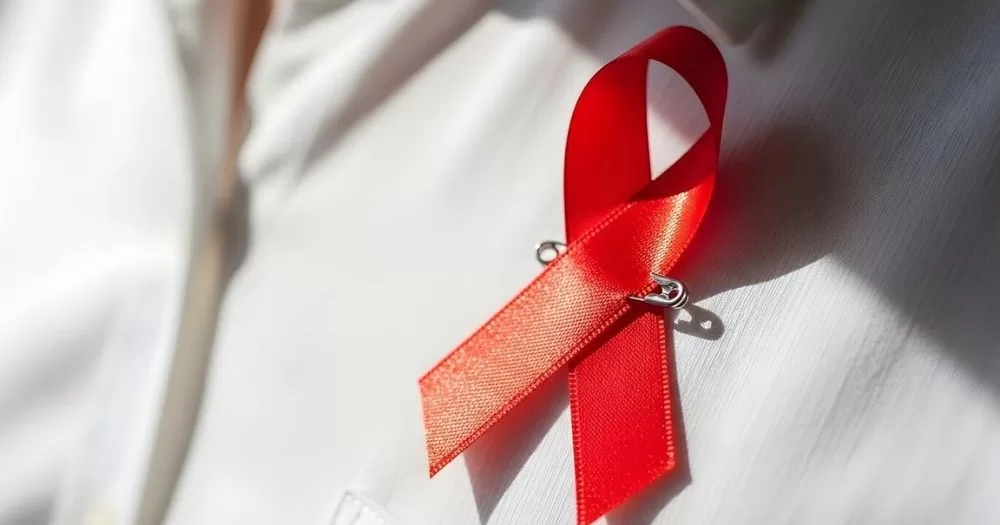Ireland was reported to have the second-highest rate of HIV diagnoses in the European Union last year. The joint report, from the European Centre for Disease Prevention and Control (ECDC) and the World Health Organisation (WHO), was published on Thursday, November 27.
The report found that among 30 EU countries, Ireland’s rate of HIV per 100,000 stands at 18.8, significantly higher than the average of 5.3. The study called for increased efforts across Western Europe at early testing, and remarked that “expanding PrEP access remains critical”.
The Health Protection Surveillance Centre (HPSC) recorded 989 HIV cases in Ireland in 2024, with 239 of these being first-time diagnoses. Four in 10 first-time diagnoses were late-stage infections, underscoring the need to strengthen our national response.
Dr John P Gilmore, assistant professor in nursing at UCD, commented on the concern for rising rates in HIV transmission, “particularly when we are closer than ever to ending new HIV transmissions. Advances in treatment mean that people living with HIV who are on effective therapy cannot pass on the virus (U=U), and new prevention technologies such as PrEP have transformed what is possible”.
However, long delays for PrEP, the prevalence of stigma, and global setbacks, “continue to undermine progress”, Dr Gilmore says. This comes as a UN report this week commented on the global setbacks to HIV prevention efforts this year, as a result of funding cuts and a rise in punitive laws.
Dr Gilmore comments that the findings of this EU report highlight a need to strengthen Ireland’s HIV response. “Stigma remains one of the most persistent barriers to HIV prevention, and fear of judgment continues to deter many people from seeking testing or care”.
The importance of community-based responses and an increase in public campaigns was highlighted as a way to combat stigma and reverse misconceptions.
Dr Gilmore also calls on the need for increased investment in sexual health services, and “targeted investment in community organisations that are trusted by the people they serve”, particularly given the “experiences of racism among new migrants, and homophobia and transphobia directed at LGBTQ+ people, continue to shape people’s willingness to test”.
© 2025 GCN (Gay Community News). All rights reserved.
Support GCN
GCN is a free, vital resource for Ireland’s LGBTQ+ community since 1988.
GCN is a trading name of National LGBT Federation CLG, a registered charity - Charity Number: 20034580.
GCN relies on the generous support of the community and allies to sustain the crucial work that we do. Producing GCN is costly, and, in an industry which has been hugely impacted by rising costs, we need your support to help sustain and grow this vital resource.
Supporting GCN for as little as €1.99 per month will help us continue our work as Ireland’s free, independent LGBTQ+ media.
